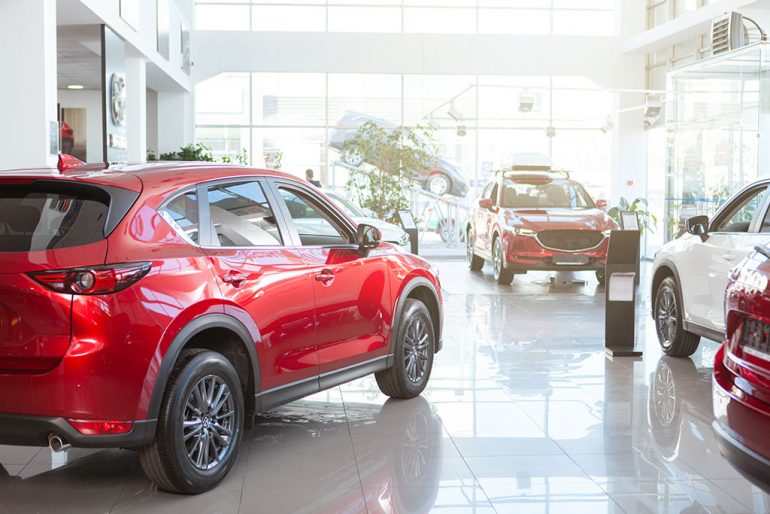
Shopping for a used car can be an exciting and cost-effective alternative to buying new. However, it requires careful consideration and thorough research to ensure you make a wise investment. We will walk you through the essential steps to help you navigate the used car shopping journey and find a reliable vehicle that meets your needs and budget.
Before you begin your search for a used car, evaluate your needs and preferences. Consider factors such as budget, lifestyle, daily commute, passenger capacity, cargo space, desired features, and fuel efficiency. Set a realistic budget that includes the purchase price, taxes, registration fees, insurance, and potential maintenance costs.
Also, don’t forget that you can get discounted new car pricing with a free quote through qualified local dealer partners.
Conduct thorough research on the types of cars that meet your needs and budget. Consider factors such as reliability, safety ratings, fuel economy, maintenance costs, and resale value. Explore different models and narrow down your options to a few choices that align with your preferences. Utilize online resources, such as car review websites and forums, to gather insights and read owner reviews.
Establish specific criteria to guide your used car search. Consider factors like the car’s mileage, age, service history, ownership records, and accident history. Determine whether you prefer a car with a clean title, and if you’re open to considering certified pre-owned (CPO) vehicles. Clearly defining your buying criteria will help you focus on the right vehicles and avoid potential pitfalls.
Identify reputable sources for purchasing a used car. Options include authorized dealerships, independent used car dealers, and private sellers. Authorized dealerships and certified pre-owned programs generally offer more extensive warranties and provide a higher level of assurance. Independent dealerships may offer a wider range of options, while private sellers can sometimes provide more negotiating flexibility.
When considering a used car, obtain a vehicle history report using services like Carfax or AutoCheck. This report provides valuable information about the car’s ownership history, accident records, maintenance records, and title status. Look for any red flags that could indicate potential issues. Avoid vehicles with salvage titles, undisclosed accidents, or major mechanical problems.
Before making a final decision, thoroughly inspect the used car and take it for a test drive. If you’re not confident in your own abilities, consider hiring a professional mechanic for a comprehensive inspection. Look for signs of damage, uneven tire wear, leaks, and any mechanical or cosmetic issues. During the test drive, pay attention to the car’s handling, braking, acceleration, and overall comfort. Test all features and systems, including lights, air conditioning, and infotainment.
If you require financing for your used car purchase, research different lenders to find the best interest rates and loan terms. Check with banks, credit unions, or online lending platforms. Compare loan offers and get pre-approved before visiting sellers. Knowing your budget and securing financing beforehand will give you more negotiating power and help streamline the buying process. When considering your budget, remember to take into account the cost of an extended car warranty for additional protection.
Used car prices are often negotiable, so be prepared to negotiate with the seller to secure the best possible deal. Research the market value of the specific make, model, year, and mileage of the car you’re interested in. Take into account factors such as the condition of the vehicle, any needed repairs or maintenance, and the seller’s asking price. Don’t be afraid to walk away if the negotiation doesn’t meet your expectations.
When you’ve agreed upon a price, review all paperwork carefully before signing any contracts. Ensure that all terms, conditions, and agreed-upon pricing are accurately reflected. Verify that the title is clear and transferred properly. If buying from a dealership, understand any warranty coverage and additional services being offered. Pay attention to details such as sales tax, registration fees, and any additional costs associated with the purchase.
Complete all necessary paperwork and transfer the ownership of the used car into your name. Ensure you have all the required documents, such as the title, bill of sale, and any warranties. Contact your local Department of Motor Vehicles (DMV) or relevant government agency to properly register the car in your name and obtain new license plates.
